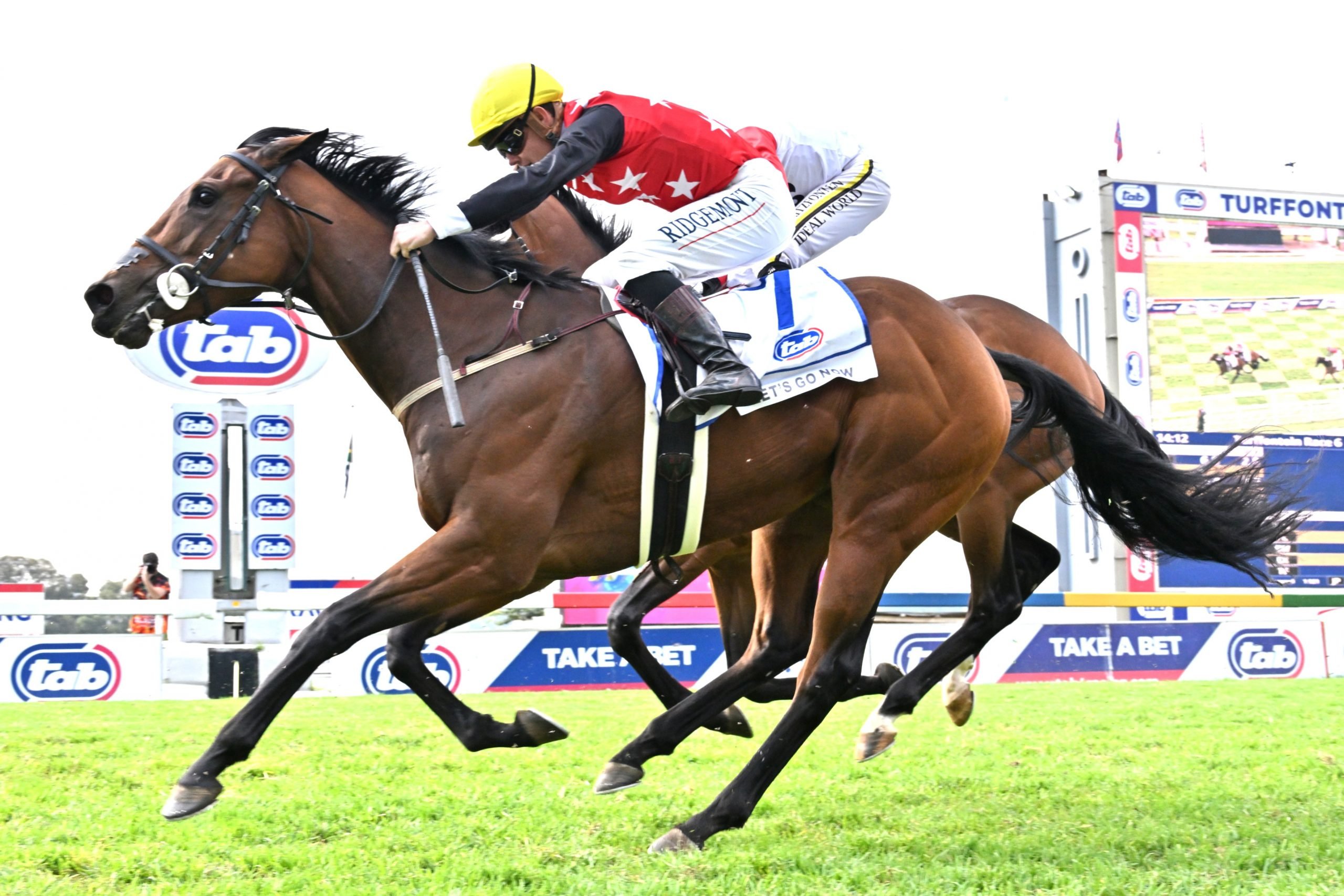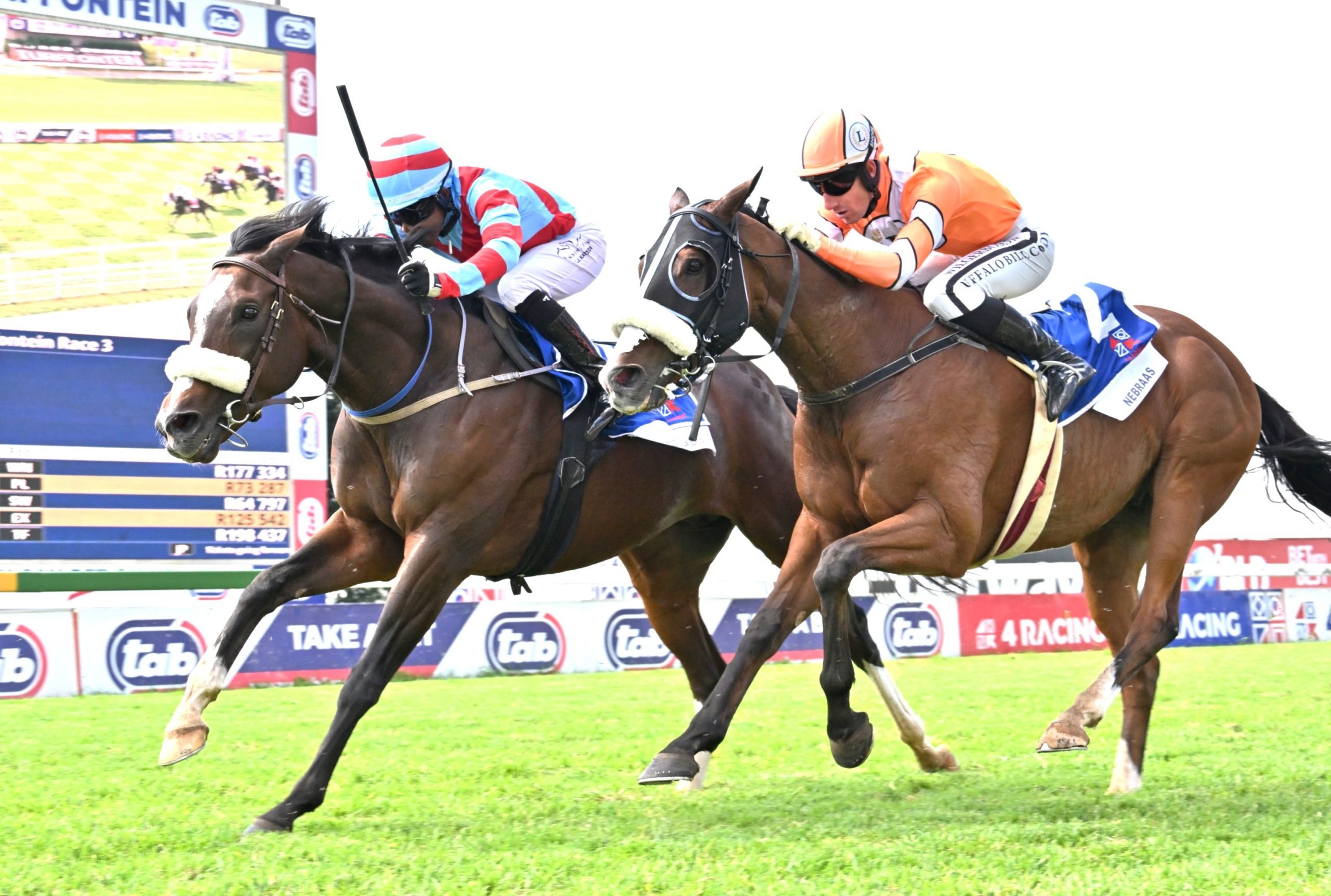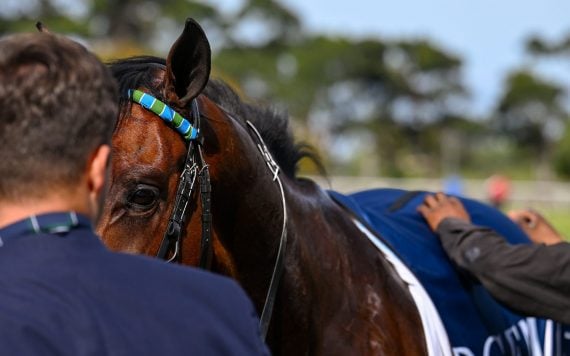Ian Jayes is a family man ex-businessman and politician, but is perhaps best known by the racing fraternity as an owner-trainer, a racing administrator and latterly, an energetic commentator on the industry at large on subjects ranging from handicapping, to racehorse retirement.
He has recently completed his memoirs which he has compiled and published as “Footsteps, Heartbeats and Hoofbeats” (available as an e-book or paperback from Amazon).
Footsteps, Heartbeats and Hoofbeats
While it is unlikely to trouble the Times best seller list or the Man Booker Prize panel, it is nonetheless an amusing and interesting account of Ian’s life, an interesting slice of South African history as well as a bird’s eye view of some of the highs, lows and controversies of the South African racing scene.
Ian explains that that he started the project writing for his children and grandchildren to tell them a bit about their family history, explain their roots and how they got to where they are today. “It’s really about my life and how I’ve spent it, the things I’ve been involved in and how it all came about.”
Starting out in the printing field, Ian eventually moved into the carpet business and he took an active interest in local and national party politics and relates several amusing incidents from this sphere of his life. He gives his take on the assassinations of both Dr H F Verwoerd and Chris Hani.
Racing
Ian’s formal association with horse racing began through his wife Merle, the daughter of jockey turned trainer Jack Sparks and whose main patron was Len Oates (owner of the July winner Brookhill, amongst others).
Early in Chapter 13, Ian relates Sir Abe Bailey’s statement that “It’s said that all those who go racing are rogues and vagabonds. That may not be true. But it is true that all rogues and vagabonds go racing.” The statement, while made in jest, was perhaps fairly apt for an era in which racing contained all the drama and intrigue of a Dick Francis novel. Rather than being intended as some sort of expose, Ian says he chose to relate the stories in order to paint a picture of the racing industry as it was back then. “It was a very different world to what we know today. Lots of people don’t realise that and become very judgmental,” says Ian. “But what they don’t realise is that at that time, trainers and jockeys did not get a share of the stakes as they do today. The only way they could make money out of racing was to back horses. When they backed a horse they wanted to be as sure as possible and didn’t want to lose money. So to put it bluntly, if a horse wasn’t backed, it wasn’t trying – that’s the way racing was and I’ve tried to give an insight into that.”
A particularly amusing tale was one in which Ian’s father-in-law rode a horse for his boss Jim Prince and it was sent out ‘no good’. “Cocky Feldman rode for Jumbo Goldstein who also sent out his horse ‘no good’. “After the race, my father-in-law got off and said ‘it can’t lose next time, but don’t bump the horse Cocky was riding because it was stinking-hot right next to me”. Cocky Feldman got off his horse and told Jumbo Goldstein: “Can’t lose next time but don’t bump the horse Jack Sparks was on because it was stinking-hot right next to me”. Both trainers were scared to take each other on and back their horse against the other one. They found themselves in the same race a number of times and on every occasion their horses were pulled up. This went on for about six runs until Jim Prince became fed-up with the situation and decided to have a go. He backed his horse and it won. Jumbo Goldstein then backed his horse and it won. As hard as it is to believe, after stopping them five or six times in Maiden Plates, before the year was out they both finished up in the top division. But that’s how it was.”
“I have a picture of the 1934 South African Nursery – there were 40 jockey names on the board. They used to line the horses up in rows and the starter used to say ‘triers to the front, crookies behind – sort yourselves out’. That’s where racing has come from.”
Strong views
While Ian enjoys portraying some of the characters and stories, which were considered the norm back then, but which would be considered scandalous by today’s standards, he was always a stickler for the rules as well as a fierce advocate of standing up for what he believed in. He served as Chairman of the Owners & Trainers Association (OTA), Chairman of the Trainers Association, was a founding member and Trustee of the National Horse Trust, a Steward at the Newmarket and Vaal Turf Clubs, he served on the National Handicapping Committee (and holds strong views on the system currently employed and applied in local racing), as well as serving on the Jockey Remuneration Committee.
Ian was always known to be outspoken, with run-ins with everyone from the head of the Jockey Club to the present day Phumelela administration, so it comes as no surprise that his book is no different. He includes a review of the infamous incident regarding Tote irregularities as well as the high profile case against Wally Segal. “I was sued for defamation, went to court and settled out of court – it makes for very interesting reading for anyone wanting an insight into some of the goings on at the time. I’m still not sure the matter regarding the Tote was ever satisfactorily resolved.”
Ian also saw the sea change from the old Club system to the corporatisation of racing and the advent of Phumelela and shares his views and perspectives on how racing has changed. “There are a lot of aspects that people don’t know about and I think it’s important to have them recorded.”
Aside from the serious aspects of the book, Ian has also included stories of some of the horses that passed through his hands as well as some of the characters of the turf – past and present.
Although he has been retired from racing for a number of years, Ian remains passionate about the sport and how it is run as well as the welfare of the Thoroughbred and ensuring its ethical treatment in racing.
Copies of his book can be ordered from Amazon at $2.27 for the Kindle edition or $11.99 for the paperback.










